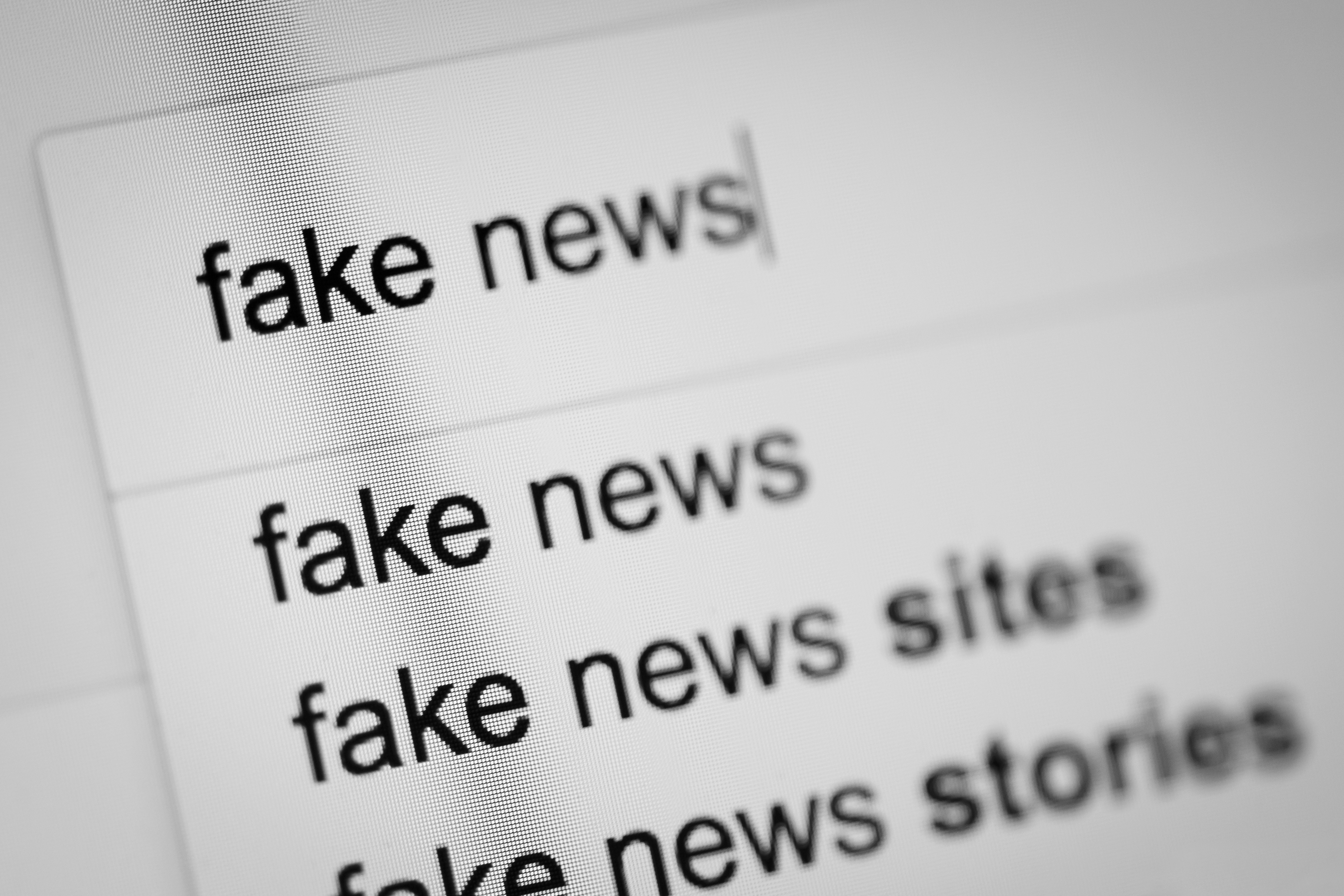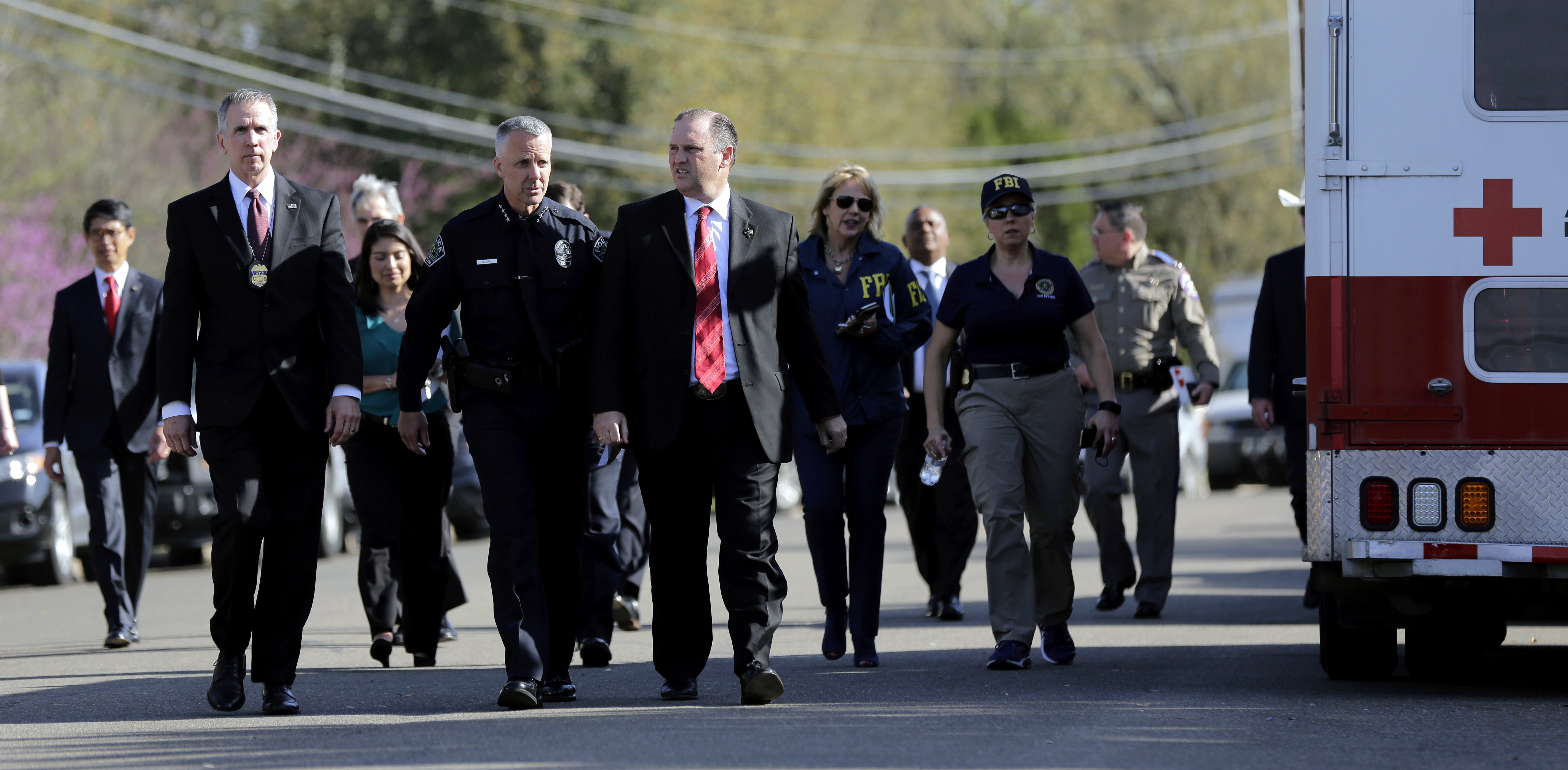The Week in Fact-Checking is a newsletter about fact-checking and accountability journalism, from Poynter's International Fact-Checking Network & the American Press Institute's Accountability Project
International Fact-Checking Day is coming
To raise awareness of fact-checking around the world, yesterday International Fact-Checking Network launched Factcheckingday.com, a resource for citizens, readers and educators seeking to examine the validity of information, especially online. International Fact-Checking Day, which will take place Monday, is a rallying cry for more facts in politics, journalism and everyday life.
Learn more in this press release, check out Factcheckingday.com for fact-checking resources and fun, and don’t forget to use #FactCheckIt and #FactCheckingDay throughout the week!

This is how we do it
- Here's how to debunk hoaxes on WhatsApp using strategies developed by fact-checkers.
- The Hewlett Foundation will spend $10 million to help fight digital disinformation.
- There’s still plenty of misinformation being shared about the Florida school shootings, and BuzzFeed is still tracking them.
This is bad
- The Times of India fell for a fake story about a female winking ban at a college in South India.
- A U.S. congressman shared a xenophobic conspiracy theory on Twitter.
- It looks like the Russians are already messing with Texas elections, says the Star-Telegram.

A closer look
- A CIA consultant discusses why “fake news” is about to get more sinister.
- Malaysia and Singapore join other countries considering laws against misinformation. But Amnesty International adds its concerns to those who worry about the slippery slope affecting free speech and human rights.
- Here’s a great example of what we call “Fact-Checking 3.0” — fact-checking that focuses on issues rather than an individual’s statement.
Coming up
- May 31 is the entry deadline for the Rita Allen Foundation Misinformation Solutions Forum. Two top prizes, $50,000 and $25,000, will be awarded.
- Poynter is hiring an editor/program manager and multimedia reporter for its new media literacy project. Apply by April 13.
- The New Yorker is hiring an ex-ante fact-checker, the AP is hiring a temporary fact-checker and The New York Times is hiring journalists for its visual investigations team.

If you read one more thing
The Texas Observer published an in-depth look at who reported good and bad information about the bombings in Austin last week.
Quick fact-checking links
Officials in the European Union are calling on journalists to help in the fight against fake news. // People are fact-checking President Trump’s grammar and spelling. // What’s missing from academic literature on fake news. // This hoax co-opted an old Britney Spears photo in an attempt to smear #NeverAgain activist Emma González. // Tumblr tackles its fake news problem, finally. // Was Jesus the “original target of fake news?” // Here’s a fun story about “liars tables” where people actually speak the truth. // Psychology Today fact-checks the science behind two new movies about abduction. // Two French public radio networks are teaming up to launch a podcast about fake news. // BuzzFeed News debunked a video of Snickers bars being burned in a pit. // This new project from the right-leaning Media Research Center aims to “fact-check the fact-checkers” and expose “liberal partisans.” // Egypt’s government now has a hotline for WhatsApp misinformation. // Men’s Health magazine is fact-checking shaky science stories with a video series. // Facebook published a “fact check” of reports about it collecting data on users’ text and call history. There’s just one problem: It’s not really a fact check.
Until next week,







